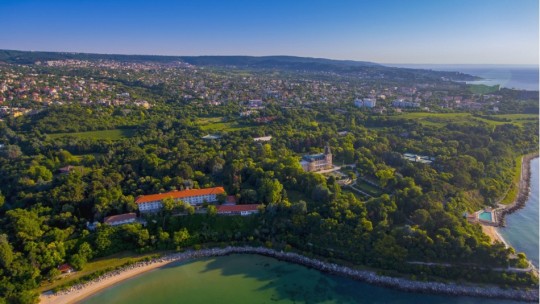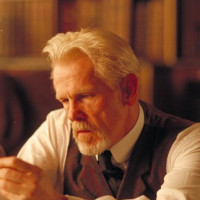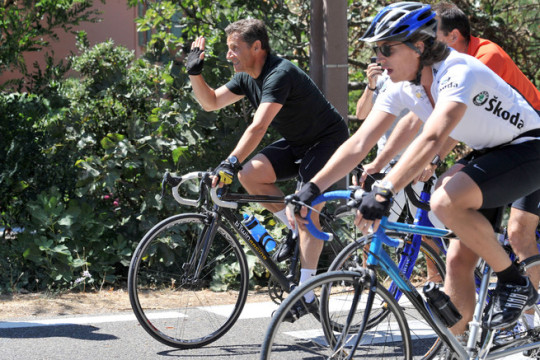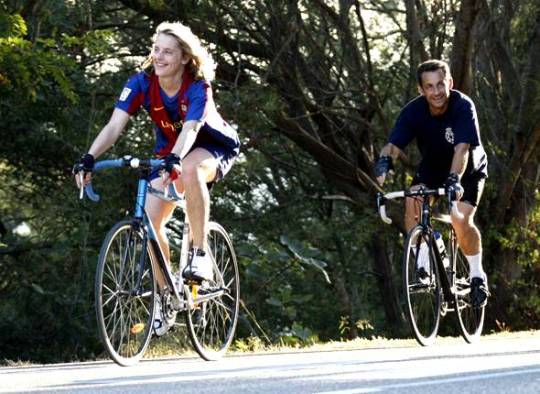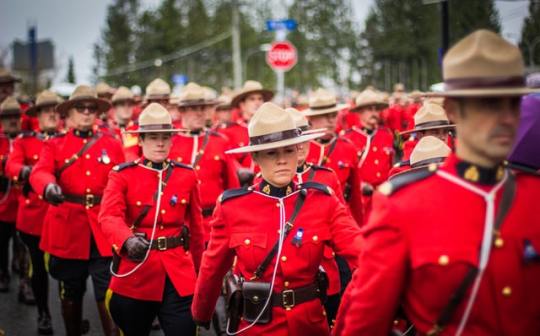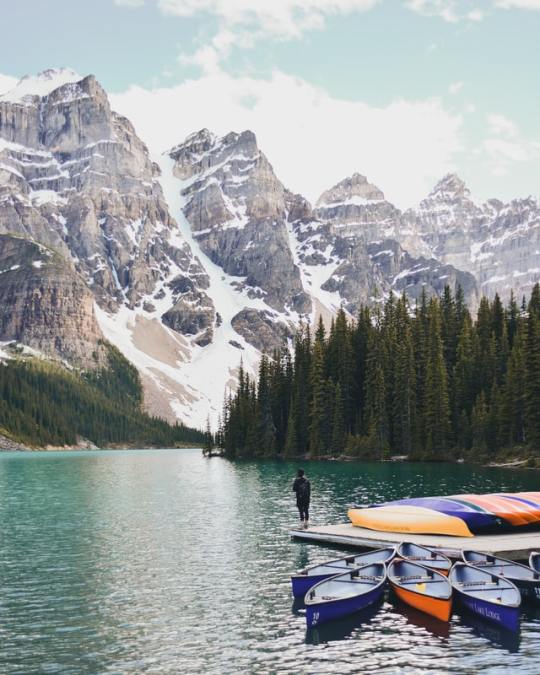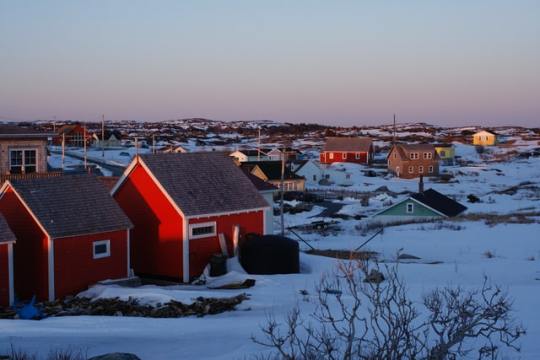Group project for BB3 European Law at Tours and La Rochelle, Autumn 2021
Don't wanna be here? Send us removal request.
Text
Guidance
Europa Capital Partners has invested in four innovative businesses in the European Union: Yolux, Euxinograd Village, BE!, and Creatively Canadian.
Europa Capital Partners will hold a quarterly meeting with each of these companies, in order to discuss and debate points of controversy or uncertainty.
The images and words below are intended to evoke the companies and offer you food for thought. Do not do any outside research. Concentrate instead on taking and preparing your positions and debates.
4 notes
·
View notes
Video
youtube
Yoga guy does practice. In the desert. He is not bothered by heat, or sun, or wind, or snakes. He is so strong and pure that he can just do his yoga.
Le yoga à l’état pur. En plein désert. Ni la chaleur, ni le soleil, ni le vent, ni les serpents ne viennent perturber le yoga. A l’état brut.
5 notes
·
View notes
Photo
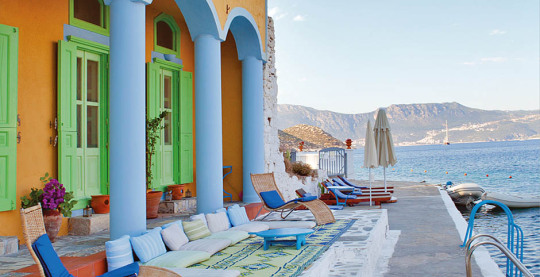
Mediterraneo hotel, Greece
Hôtel Mediterraneo, Grèce
5 notes
·
View notes
Photo

Baltico hotel, Sweden
Hôtel Baltico, Suède
7 notes
·
View notes
Text
Yolux
Yolux is a young company based in Luxembourg.
Yolux specializes in resort hotels that focus on yoga (“yo”), while offering an atmosphere of luxury (“lux”, which happens also to abbreviate Luxembourg).
People who do yoga seriously —who would want to attend a yoga workshop while on vacation— and who favor luxury establishments —with rooms and restaurants nicer than what guests enjoy while at home— tend to be a desirable international group: they don’t make choices on the basis of price (alone), they make repeat visits, they tend to be in good health but with a broad range of ages and nationalities.
Yolux today owns two hotels, the Mediterraneo in Greece and the Baltico in Sweden. Yolux chief executive officer (CEO) Andrea Schmit intends to open as many as ten new Yolux hotels in Europe in the next few years.
0 notes
Text
Questions on Yolux
Case R. What is luxury? Is luxury an objective measure: the star system (or equivalent). Or is luxury subjective, more personal: a favorable review, a direct personal experience (repeat business). Are these two compatible: don’t sites like TripAdvisor make personal reviews into something that seems objective? Does luxury mean the same thing in Portugal as in Poland, in other words ultimately subjective? Debate the question.
Case O. Is this a case of cultural imperialism? In other words, are Europeans borrowing selectively from Indian culture, diluting it, then reselling it at a profit to the (European) resellers but not the (Indian) originators? Or has yoga become like judo, or for that matter like rugby or football, not specific to its place of origin?
0 notes
Text
Euxinogad Village
Successful businessman Adam Verver has an idea.
He wants to bring retired people to Bulgaria, by the Black Sea. There costs are low, both for properties and for labor. Adam shares with you his enthusiasm for his intended customer segment. Europeans already have a long life expectancy, and they are living longer and longer. They have an income –retirement pension—that is predictable, certain, and fixed; most seek out good value to stretch their Euros further. Adam wants to bring these customers to Bulgaria, to live by the Black Sea in an international village. This will include an apartment (possibly furnished, definitely built for the comfort of older people), a restaurant (most people over 80 or 85 do not prepare their own meals), a sports center (pool, gym, sauna, hammam), a medical center (doctors, dentist, podiatrist, nutritionist), and a rich menu of cultural options (movies, concerts, excursions, book club). Adam explains to you that he targets a group of people from all over Europe: Finland and France, Belgium and Bavaria (Germany), and many other places. All would be retired, but none would be seriously impaired (sick). Adam points out that, with long life expectancies, retirees can expect to live twenty years and to enjoy good health and fitness for at least ten of those years. Many of these people, Adam says, have family but don’t want to be seen mostly as babysitters for their grandchildren; they want to lead their own lives. Most are couples. Many come from places that are cold in winter and would prefer a mild climate, such as the Black Sea offers. Few would come to Bulgaria on their own, because they don’t know the language or culture; for Adam, this won’t make a difference once they arrive, because the village will be international. You explain to Adam that consumer behavior can be difficult to predict, and point out that the coast of Spain is full of empty apartment buildings built on speculation. Adam replies that he has thought of ways to limit risk, especially risking capital. For example, the international village will lease (rent) the apartment buildings from a European insurance company, which will own them. Likewise, the medical center will be independent, run by the medical people; it will have a long-term contract with the international village, where each side will promise the other certain things. The sports center and the restaurant will be handled in the same way.
0 notes
Text
Euxinograd Village
Case Y. What is the product?
Have a discussion/debate to decide what exactly Euxinograd Village offers. Property? Apartment rental? Endless vacation? A second honeymoon? A new home (“solving” problems like “too big now” or “too much to take care of” or “it’s cold outside”)? Better than home?
Case G. What kind of food will the restaurant serve?
Sketch out and debate alternative menus.
Keep in mind: Euxinograd Village’s clientele will come from all over Europe. They don’t know Bulgarian cuisine, maybe they won’t like it. What they consider “normal”/“fancy”/“healthy” will vary considerably, as will basic points like “how long will you be at table for a meal”. Debate how the restaurant will manage this diversity.
0 notes
Text
BE!
Sarcola Nikosi is an experienced, senior executive. Nikosi is used to putting together: 1. a fully organized vacation, with everything included in a fixed price, 2. knowledgeable guides or instructors who pay attention to vacationers, 3. good ambiance for singles, couples, families or groups. Nikosi has come to see you because he is launching a new business named BE!, for Bike Europe, for bikers exclusively. It will be special in three ways. First, it will offer only bike vacations, where bikers go from place to place, for example the Loire Valley châteaux. Of course, intensity will depend on experience and athletic ability: some can do 100 km a day, others a couple of hours of biking every morning only. But all levels will be welcome, and all groups will move around; that’s the difference with skiing, for example, where everyone goes back to the same place every night. And with biking you need to plan ahead and think of places to store bikes, and to repair them if a tire is flat or a chain breaks. Second, BE! might offer package tours all over Europe. Nikosi says, “We believe that we can use the experience we’ve earned and learned in France in other places. We also believe that we can make our customers loyal by offering them a menu of varied experiences.” Third, it will operate all year long. Basically, BE! might offer trips in northern countries (Sweden, Latvia) in the summer, and in southern countries (Spain, Portugal) in the winter. BE! might have year-round employees, for example guides who will work for BE! full-time, all year round. BE! expects guides to be singles or couples who are passionate about biking and who want to earn a living from biking for a few years. Nikosi explains to you that he and his colleagues know the athletic travel business very well, but that this experience has its limits: they don’t know much about business beyond France. That’s why he has some questions for you.
0 notes
Text
Questions on BE!
Case B. Expand customer segments (cyclists from all over Europe) or expand geographic scope (destinations all over Europe)? Will BE! offer trips all over Europe? Will BE! expand its customer segment to include not only French vacationers, but also cyclists from other places? Describe briefly what BE! would need to do to reach these new destinations or customer segments, and what resources it would need to do this. Present for Nikosi a debate or argument between two options: BE! should concentrate on expanding its geographic scope (destinations), or BE! should expand its customer segments (cyclists from all over Europe).
Case I. Does BE!’s idea of having year-round employees make sense? Have a debate over this choice. (The alternative is seasonal or one-trip employees.) Consider points like language fluency, knowledge of local terrain and roads, knowledge of local sites and culture, competence is guiding cycling groups, ability to follow BE! methods, willingness to contribute to BE!’s culture, motivation.
0 notes
Text
Creatively Canadian
Addison Ainsley, Aubrey Ash, Bobbie Bailey, Daryl Dakota, Taylor Tanner, and Winter West are a band of friends who, after graduating from business school, lived to Canada and became involved in business.
Over time, the group realized that Canadians do not know Europe well, indeed have only faint notions of Europe, at most some notion of the UK (Brexit).
The group has established a company, Creatively Canadian, and plans to offer learning expeditions to the European Union for businesses based in Canada, often big companies (Bombardier, Royal Bank of Canada, Lululemon, Tim Hortons, Maple Leaf Foods, Alimentation Couche-Tard, …). These companies will pay to send a team of executives to the European Union for 10-30 days.
Creatively Canadian especially wants to have participants have a “transcontinental” experience and to discover the European Union in all its magnificent variety. More than just travel, the expedition is also a chance to encourage team-building among participants, and to develop relationships with Europeans and European business.
Questions on Creatively Canadian
Case V. Comfort v Adventure.
To what extent will the transcontinental expedition stress comfort, and how much of the journey involve adventure?
Put differently, will the expedition provoke boredom or seek out danger?
Debate this point, making sure to consider both how the expedition is presented (in marketing materials) and how the expedition is lived and experienced.
Obviously, Creatively Canadian does not want participants to be bored out of their minds or in danger of losing their lives.
Case X. Business visits are not like a trip to the zoo.
Will the expedition involve participatory problem solving or guided observation?
Debate the point.
When crossing the European Union, participants could try to solve real problems, for example linked to the cultural diversity of Europe, or to social conditions in peripheral places.
Maybe participation would be considered condescending or paternalistic, inspiring thoughts like “who are these tourists to think they can tell us what to do?” So participants might be instructed to observe carefully and to pay attention to what Europeans show and tell them.
Which techniques are most likely to build lasting ties between Canada and Europe, and to leave good impressions with hosts and guests alike?
0 notes
Text
Questions on Creatively Canadian
Case G. Comfort v Adventure.
To what extent will the transcontinental expedition stress comfort, and how much of the journey involve adventure?
Put differently, will the expedition provoke boredom or seek out danger?
Debate this point, making sure to consider both how the expedition is presented (in marketing materials) and how the expedition is lived and experienced.
Obviously, Creatively Canadian does not want participants to be bored out of their minds or in danger of losing their lives.
Case H. Business visits are not like a trip to the zoo.
Will the expedition involve participatory problem solving or guided observation?
Debate the point.
When crossing the European Union, participants could try to solve real problems, for example linked to the cultural diversity of Europe, or to social conditions in peripheral places.
Maybe participation would be considered condescending or paternalistic, inspiring thoughts like “who are these tourists to think they can tell us what to do?” So participants might be instructed to observe carefully and to pay attention to what Europeans show and tell them.
Which techniques are most likely to build lasting ties between Canada and Europe, and to leave good impressions with hosts and guests alike?
0 notes


